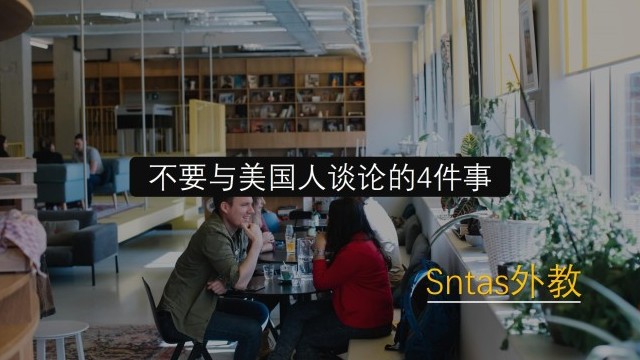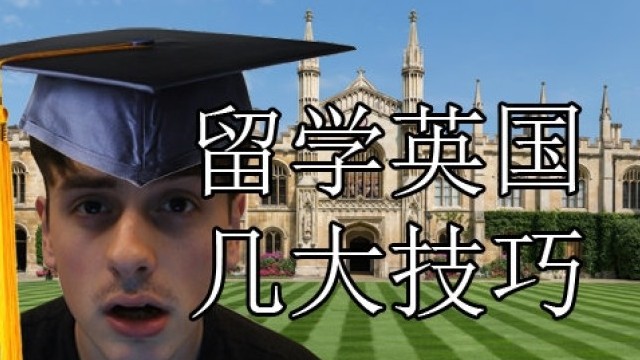英語教育名言警句(二)
作者:小單行
來源:互聯(lián)網(wǎng)
2016-11-20 22:28
1. Let early education be a sort of a musement; you will then be bette able to find out the natural bent. (Plato, ancient Greek Philosophe)?
1. 初期教育應(yīng)是一種娛樂,這樣才更容易發(fā)現(xiàn)一個(gè)人天生的愛好。(古希臘哲學(xué)家 柏拉圖)
??
2. Men of privilege without power are waste material, Men of enlighten-ment without influence are the poorest kind of rubbish. (H.V.Dyke , American writer and ducator) ?
2. 享有特權(quán)而權(quán)力的人是廢物。受過教育而沒有影響的人是一文不值的垃圾。(美國(guó)作家、教育家 戴克 H V)
?
3. Only a nation of educated people could remain free. (Thomas Jefferson, American president)
?
3. 只有由受過教育的人民組成的國(guó)家才能保持自由。(美國(guó)總統(tǒng)杰斐遜.T.) ?
4. Only the educated are free. (Epictetus, Ancient Greek philosopher) ?
4. 只有受過教育的人才是自由的。(古希臘哲學(xué)家 愛比克泰德)
5. You can lead a man up to the university, but you can't make him think. (Finley Peter Dunne, America humorous wrter) ?
5. 你可以把一個(gè)人領(lǐng)進(jìn)大學(xué),但你卻無法使他思考。
6. Two heads are better than one. ?
6.三個(gè)臭皮匠,頂個(gè)諸葛亮
7. Genius without educaton is like silver in the mine. (Benjamin Franklin, American president)
7. 未受教育的天才,猶如礦中之銀。(美國(guó)總統(tǒng) 富蘭克林 B)
8.?The object of educator is to prepare the young to educate themselves throughout their lives. (R.Hutchins, American educator) ?
8. 教育的目的在于能讓青年人畢生進(jìn)行自我教育。(美國(guó)教育家 哈欽斯 R)?
9.?The university imparts information, but it imparts it imaginatively. (Alfred North Whitehead, British philosopher and mathematician) ?
9. 大學(xué)提供信息,但它是富于想象力地提供信息。(英國(guó)哲學(xué)家、數(shù)學(xué)家 懷特海 A N) ?
10. All things are difficult before they are easy. ?
10.凡事必先難后易。
- 相關(guān)熱點(diǎn):
- 英語名言
- 華南理工大學(xué)











